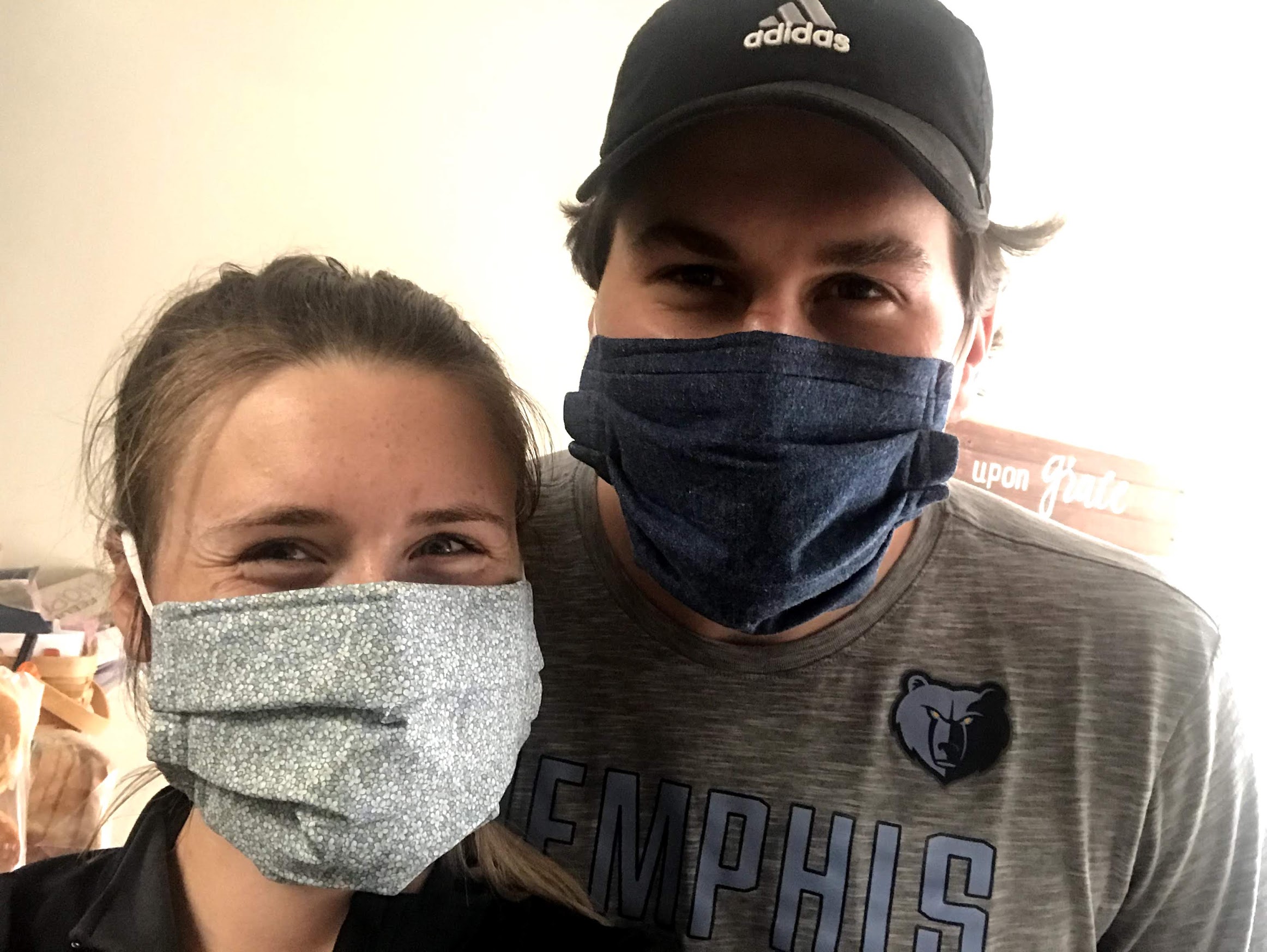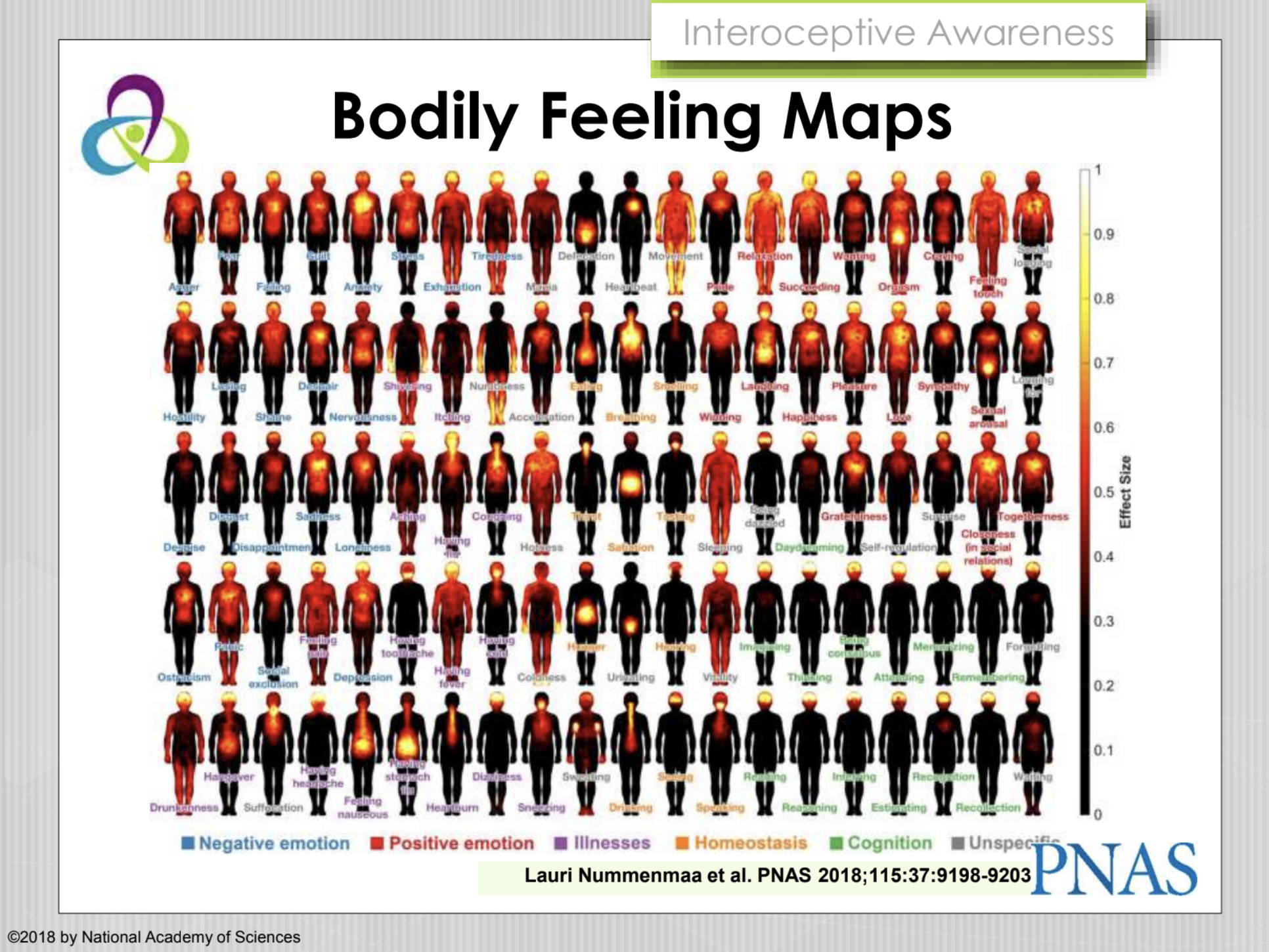Pandemic Body Changes

March 17, 2021
Our whole world changed this past year. Why would it not be okay if our bodies changed too?
I think on a day-to-day basis, we lose sight of how much this pandemic affects our lives. Take a moment, if you’re able, and think about all the ways COVID has changed your world in the past year… The effects of COVID have no doubt seeped into every aspect of life: professionally, relationally, politically, personally, emotionally, economically, socially — this pandemic is traumatic.
Our whole world has changed. It’s okay if your body has changed too.
Food is emotional.
The very first time you ever ate in your life was emotional – there’s nothing unemotional about breastfeeding or giving a baby their first bottle. Every religion and culture has some food symbolism. Every life event or celebration has food present. What would be our incentive to eat if it wasn’t enjoyable, emotional, and satisfying? Emotionally eating is normal. COVID stripped away many of our other coping tools, we were left trapped inside our homes confused, terrified, and unsure. It makes a ridiculous amount of sense why you may have found yourself emotionally eating.*
*Also, let me acknowledge that emotional eating includes under-eating, overeating, and eating till ideal fullness. When we normalize emotional eating and recognize it as a neutral tool, it’s possible to eat emotionally without it leading to under or over fullness.
Bodies are emotional.
For every emotion we feel (whether we are consciously aware of it or not) there is a physical sensation attached. These Bodily Feeling Maps shows how and where our bodies feel various physical and emotional sensations. This awareness helps us to recognize and regulate our emotional experience.

Generally speaking, as children we are taught about anger, sadness, and happiness. While those three emotions are important to recognize, our human experience and emotional capacity is far more complex than those three emotions. I think, generally speaking, many of us in this pandemic were flooded, or overwhelmed with emotion, and didn’t have access to the tools needed to process and regulate them all. Food may have been the most accessible way to cope.
Food and Body Shame.
There’s immense shame around weight gain. Shame goes beyond guilt. Chanel Miller depicts shame as a “stinky, stinky root” planting itself in your core, whispering “why’d you let this happen?” or “how could you be so careless?”
Guilt = remorse for an action or wrong doing
Shame = immense and pervasive sense of “I am wrong”
If you’re feeling shame for your body changing this past year, I want to offer you this: You survived. You figured out how to wake up, show up, and live another day in a world none of us knew what to do with or make sense of.
In this post, I talk about when life changes so do our bodies. In all that has changed this year, can you find an inkling of compassion for yourself? Where there is compassion, shame cannot grow. In all that has changed this year, can you validate how hard it was? Where there is understanding, shame cannot thrive.
I love this article, Caroline! It is just what I and do many others need to hear. Thank you fir your good work!
Hi Beth!! It’s so good to hear from you 🙂 I am glad you found this post helpful…it’s TOUGH living right now!
Thank you! I needed to hear this!
Thank you for reading all my posts 🙂 I am so glad you found parts of this you needed to hear! Take care as always!